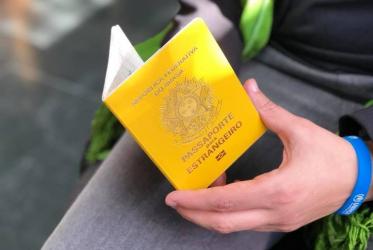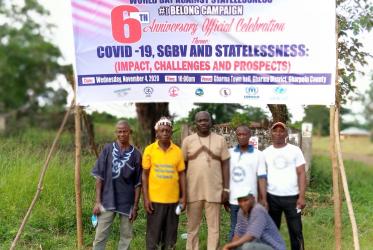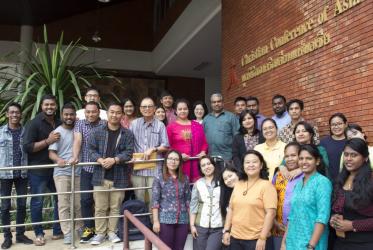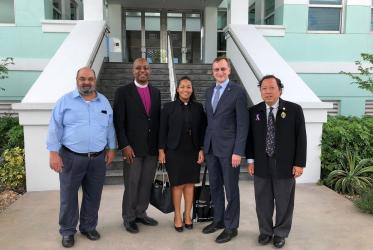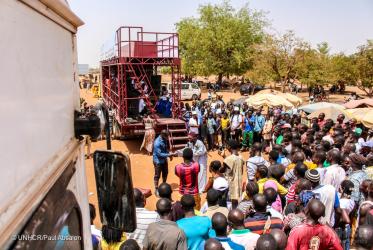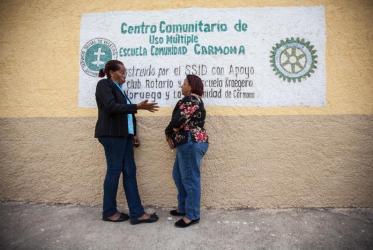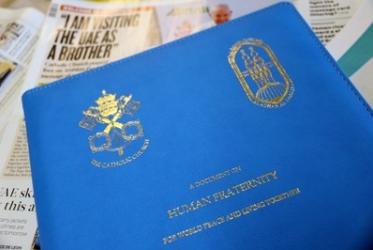Displaying 1 - 18 of 18
Webinar “Realizing Equal Nationality Rights for All”
04 November 2021
https://us02web.zoom.us/webinar/register/WN_FNyMmKC3TW6SNfCouZDhuw
WCC co-signs message to UN on statelessness
07 October 2019
God’s forgotten children
20 June 2016
Church leaders address statelessness in Dominican Republic
03 February 2015
Churches advocate for the rights of stateless people
01 March 2013

